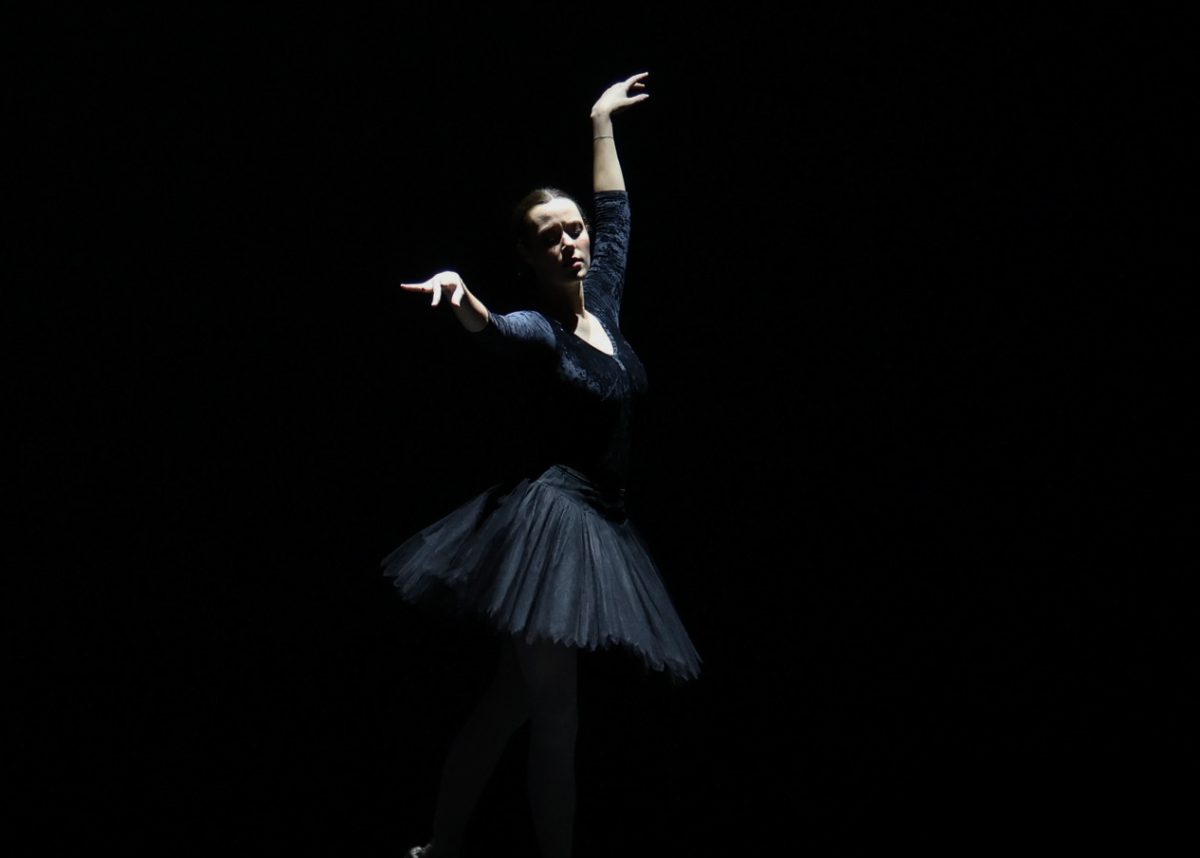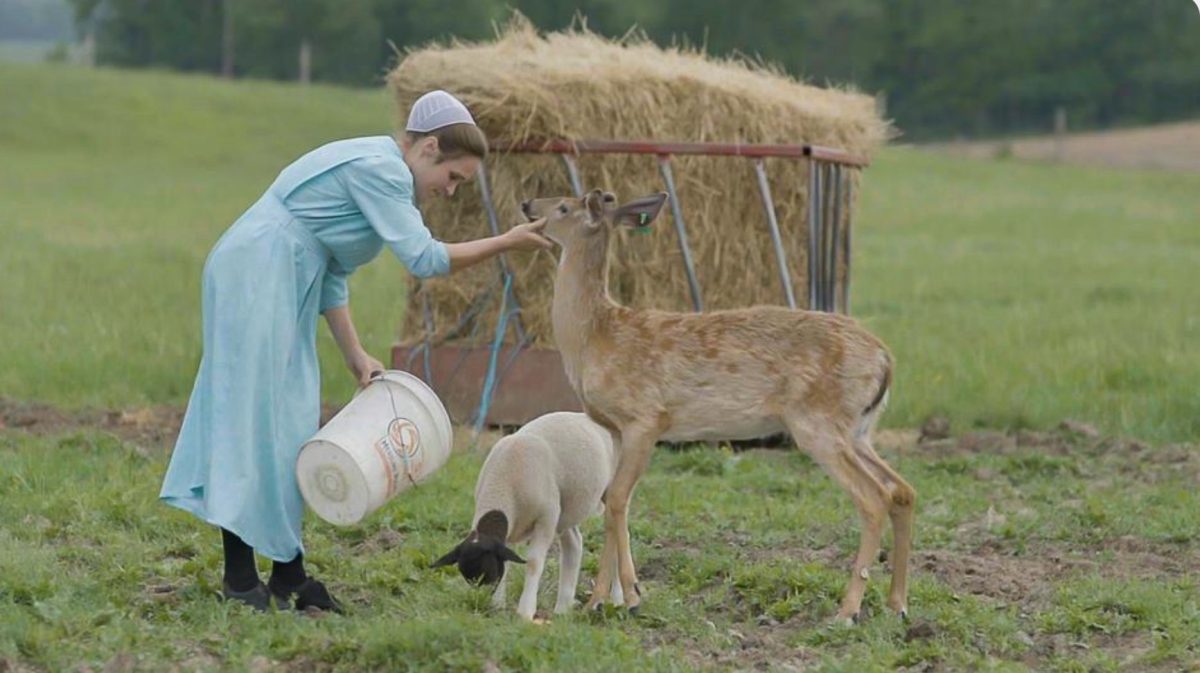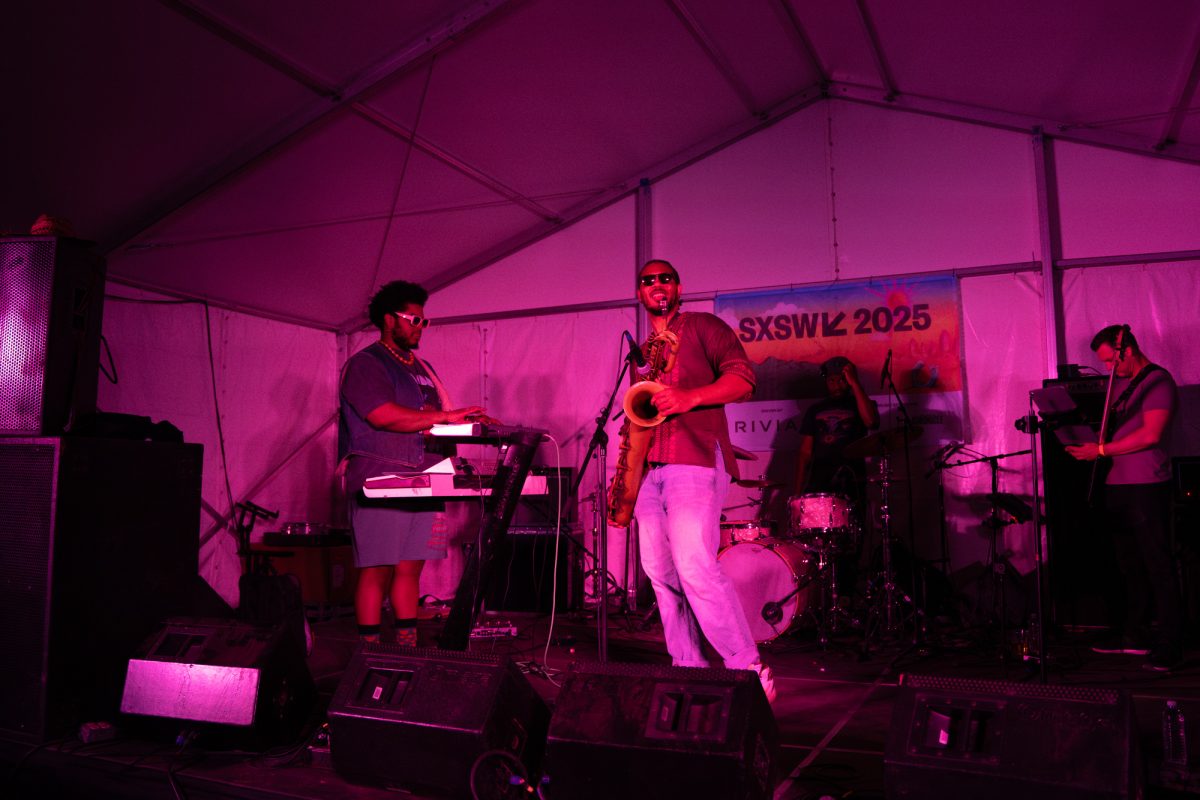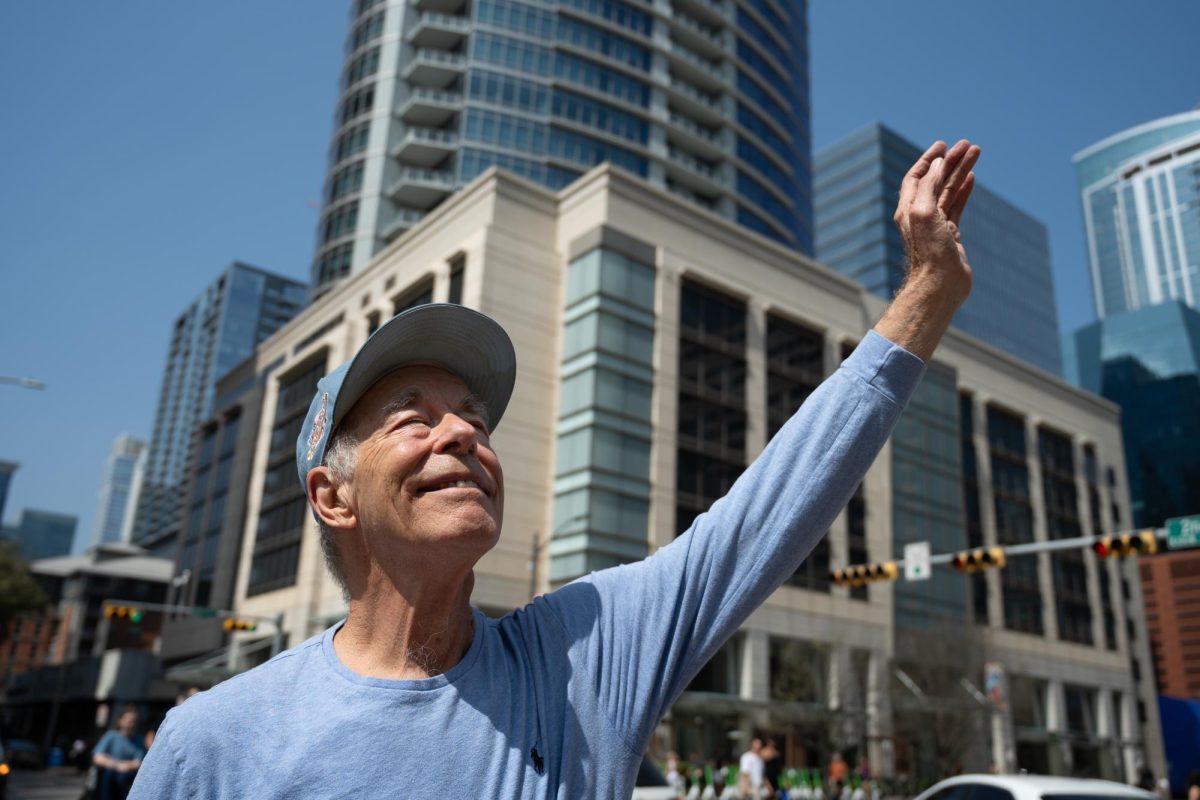"Sleepwalk With Me"
Directed by Mike Birbiglia
I’m not too familiar with Mike Birbiglia’s work as a standup comedian, but “Sleepwalk With Me,” based on Birbiglia’s autobiographical one-man show, is an unflinchingly honest, funny film and an impressive directorial debut for Birbiglia. Birbiglia plays himself in the film, which deals with the beginnings of his career as a standup comedian and his relationship with longtime girlfriend Abby (Lauren Ambrose), and his story is told in a straightforward, often self-deprecating fashion that makes it pretty hard not to like Birbiglia.
The world of standup comedy has always made for interesting films, and watching Birbiglia go from a fumbling, awkward comic who is used to make others look better to a sharp-witted, confident comedian is inspiring, and the conflict that arises from his new success never feels anything less than organic. The potentially dangerous sleepwalking condition that affects Birbiglia throughout the film gives him a few chances to infuse interesting visuals into the films, and the dream sequences are colorful, striking, and memorable.
Birbiglia is one of four credited screenwriters on “Sleepwalk With Me,” yet the film feels starkly personal. Even so, the dialogue usually manages to find the poetry in a lot of pretty standard scenes, and Birbiglia’s performance never grates, even when he’s sleepwalking and his dialogue shifts into the manic, dopey delivery characteristic of John C. Reilly. “Sleepwalk With Me” is a memorably personal film, and worth keeping in mind for when it hits theaters and (presumably) VOD later this year.
"Searching for Sugar Man"
Directed by Malik Bendjelloul
“Searching for Sugar Man” is the feature debut of director Malik Bendjelloul, and it’s an undeniably crowd-pleasing, uplifting documentary that’s unfortunately derailed by uneven direction. “Sugar Man” tells the story of 70s rock star Rodriguez, who never took off in the US but gained a massive following in Cape Town, and Bendjelloul captures some magnificent natural imagery, impressively juxtaposing the beauty he captures in the cliffs of South Africa and the architecture of Detroit, where Rodriguez got his start.
The film is structured as a mystery, tracking down the facts behind Rodriguez, who is believed dead, and Bendjelloul is at his most inept in these early moments. Bendjelloul makes his presence too pronounced in interviews, and comes across as too pushy too often, most notably in an interview with a record producer that takes a semi-confrontational tone.
Even so, “Sugar Man” overcomes its director in its back half, and a quick Google search can reveal that Rodriguez is not, in fact, dead, but alive and well. Once Bendejelloul unearths this, the film shifts into another mode, and the joy that springs up in Rodriguez at discovering this massive fanbase he never knew he had is the most effective image Bendejelloul captures., culminating in an unabashedly emotional concert scene.
“Searching for Sugar Man” should already be on the radar of any documentary fan, but the film has a kindness and humanity to It that should draw in a much bigger audience. It’s a film with a story so inspiring and uplifting that even amateurish filmmaking can’t weigh it down. “Searching for Sugar Man” will be released in theaters sometime this year.
"The Aggression Scale"
Directed by Steven C. Miller
Lots of comparisons have been made between “The Aggression Scale” and “Home Alone,” and for pretty good reason. It’s easy to see shades of Chris Columbus in “The Aggression Scale,” which focuses on Owen (Ryan Hartwig), a silent, incredibly dangerous young boy who’s moving into a new home with his father (Boyd Kestner) and step mother (Lisa Rotondi). His step sister, Lauren (Fabianne Therese), is none too eager about the new living situation, a feeling that intensifies when a gang of thugs led by Lloyd (Dana Ashbrook) invades their home looking for money belonging to mob boss Bellavance (Ray Wise).
“The Aggression Scale” starts with a series of brutal murders, and launches into a colorful, propulsive scored credits sequence, then immediately diving into its story. Before too long, Owen and Lauren have escaped into the woods, and Owen immediately begins weaving elaborate traps for their pursuers, often hilariously convoluted, improbable, and satisfying traps that spill copious amounts of blood. Director Steven C. Miller has a lot of fun building up the suspense in these moments, but most of his best moments are earlier in the film as he sets up the characters in a series of long, busy, visually dynamic shots.
There are a few problems with “The Aggression Scale,” most notably one-note, painfully oblivious parent characters and Miller’s icky sexualization of Fabianne Therese, who’s playing a character clearly stated to be underage. The film’s kills can often veer towards the ridiculous and its hero towards the comically nefarious, but “The Aggression Scale” moves at such a brisk pace that most of these problems are either made irrelevant early on or are easy to brush off. “The Aggression Scale” is a worthy update of “Home Alone,” an ultraviolent twist on an established formula, and an imperfect but worthy part of SXSW’s midnight movies program.




















